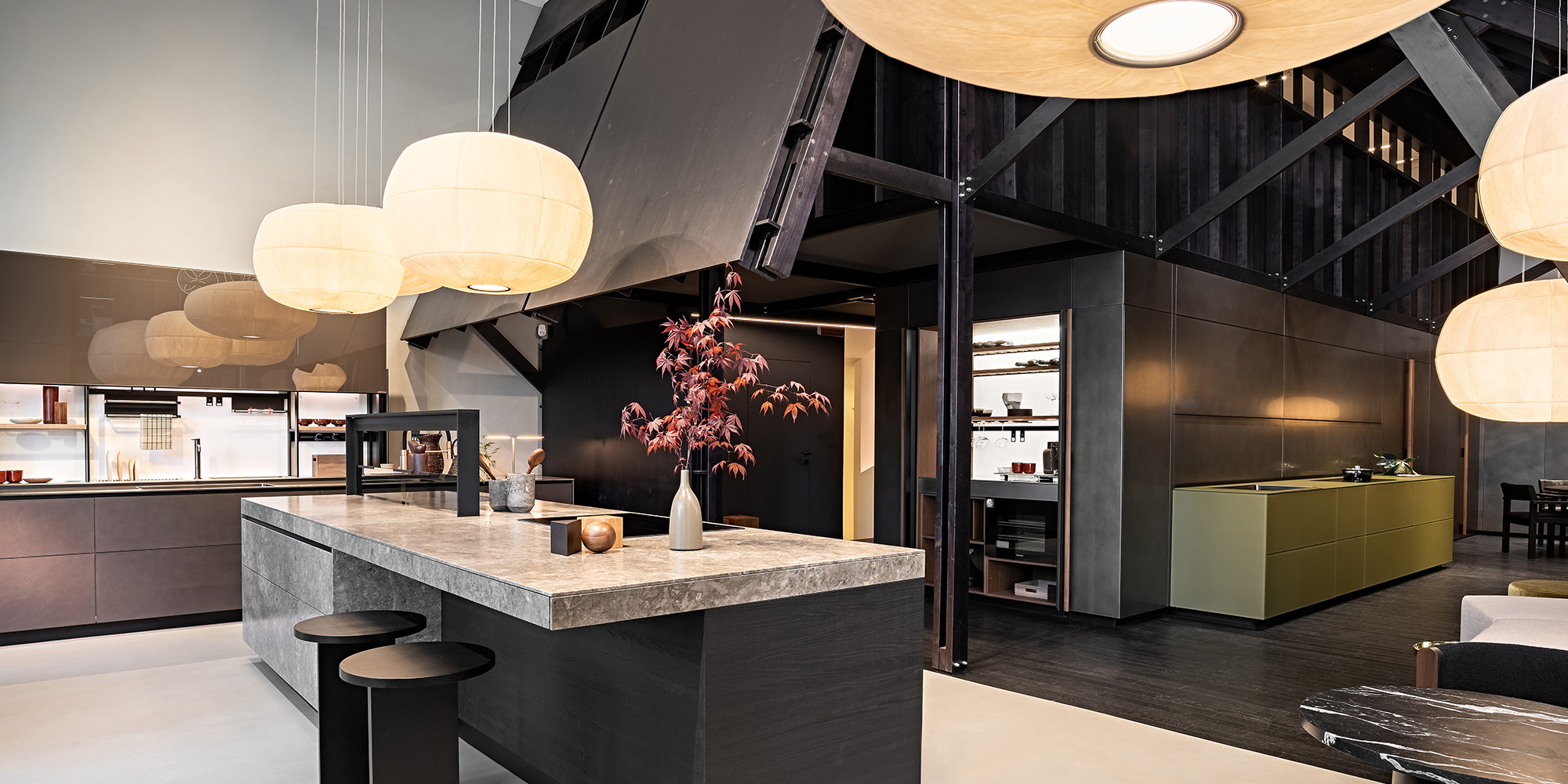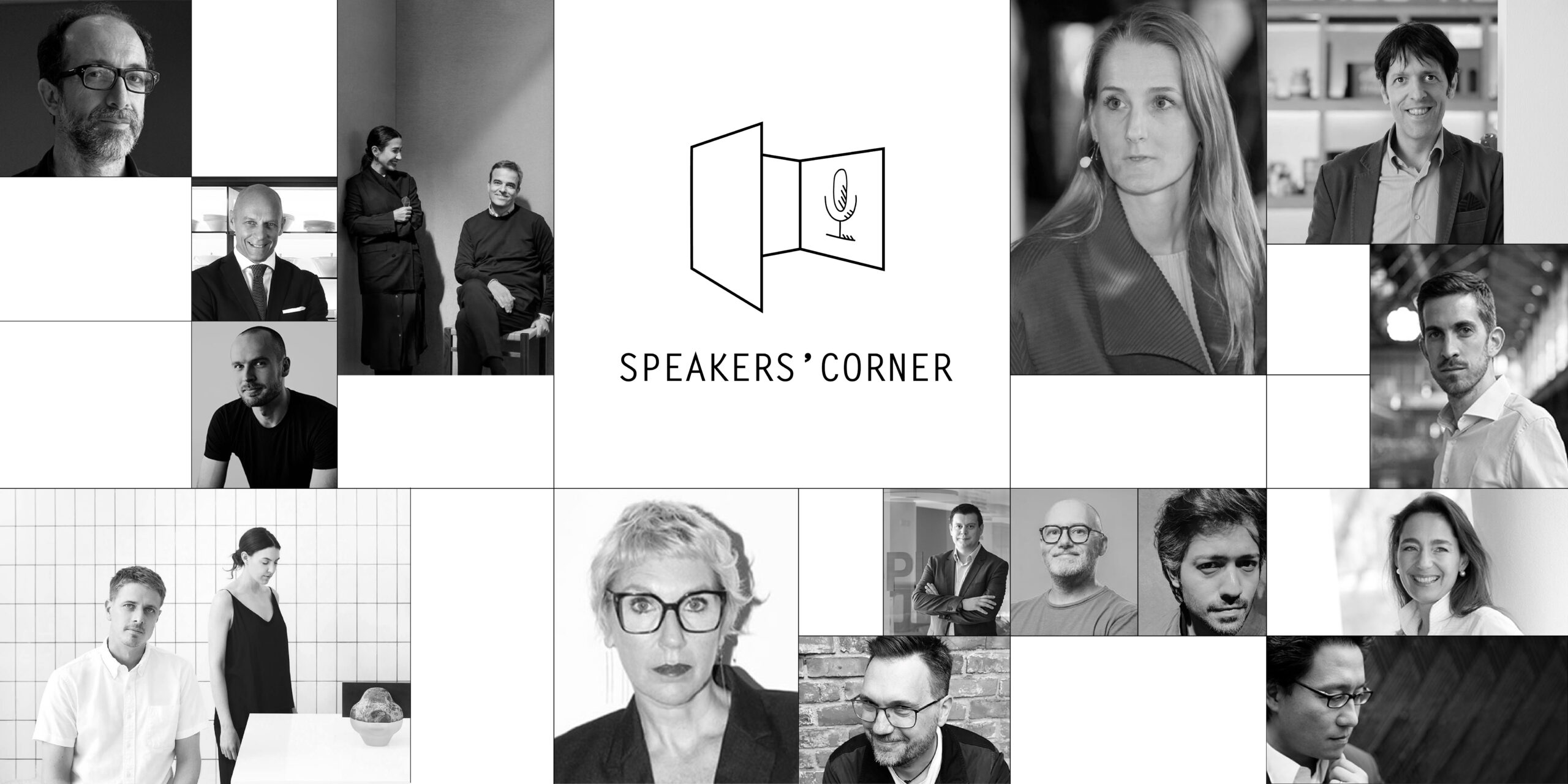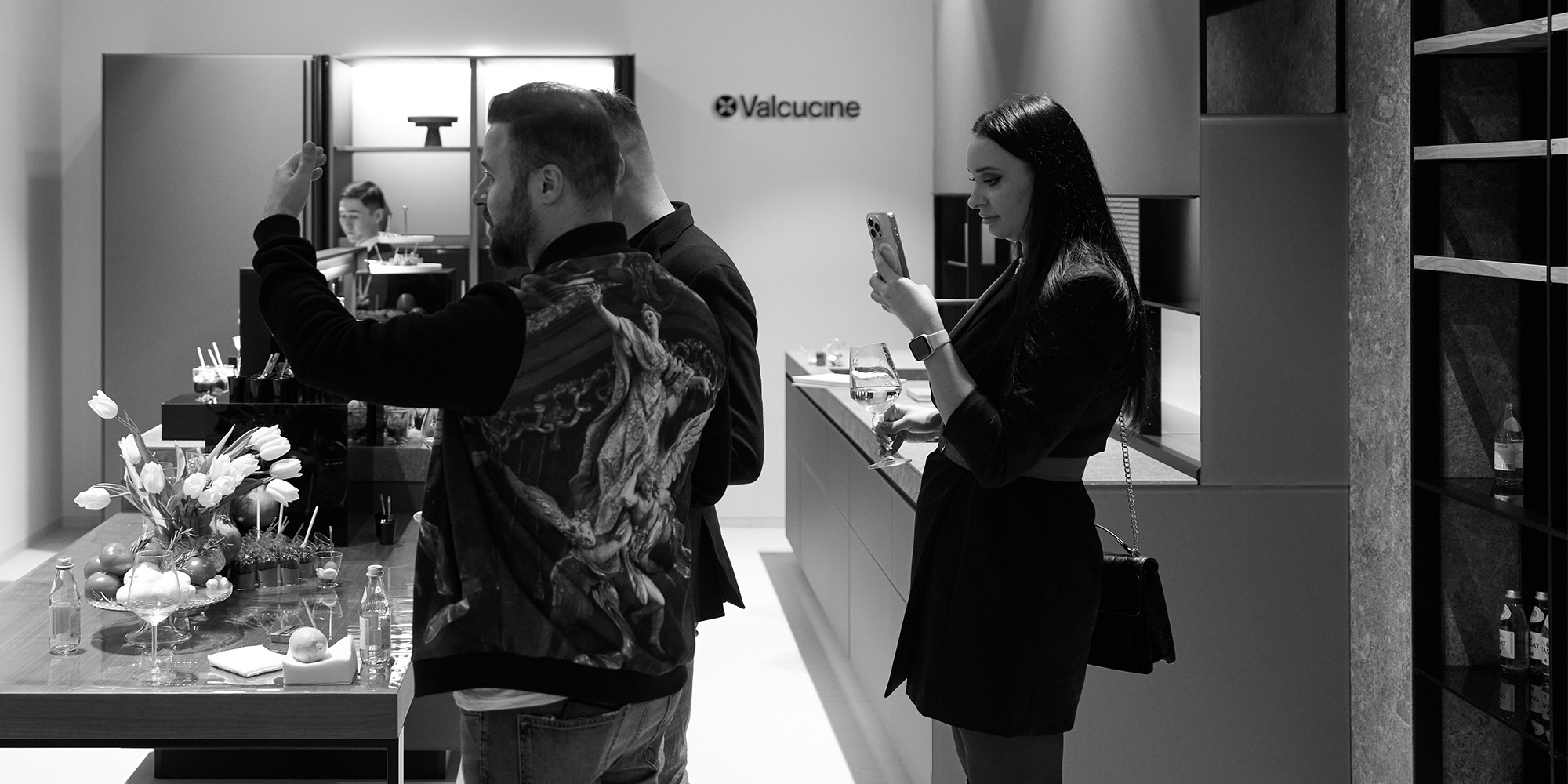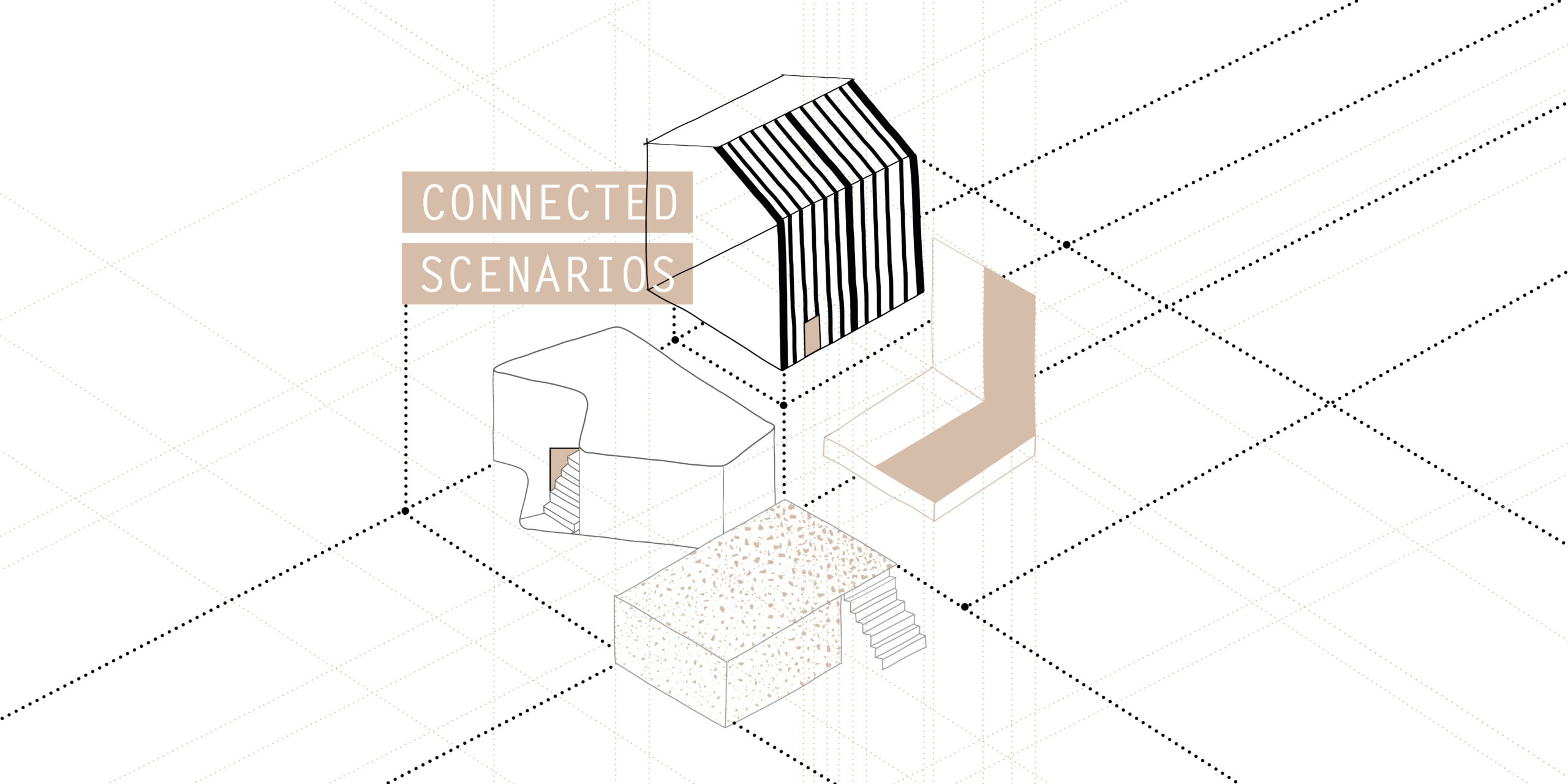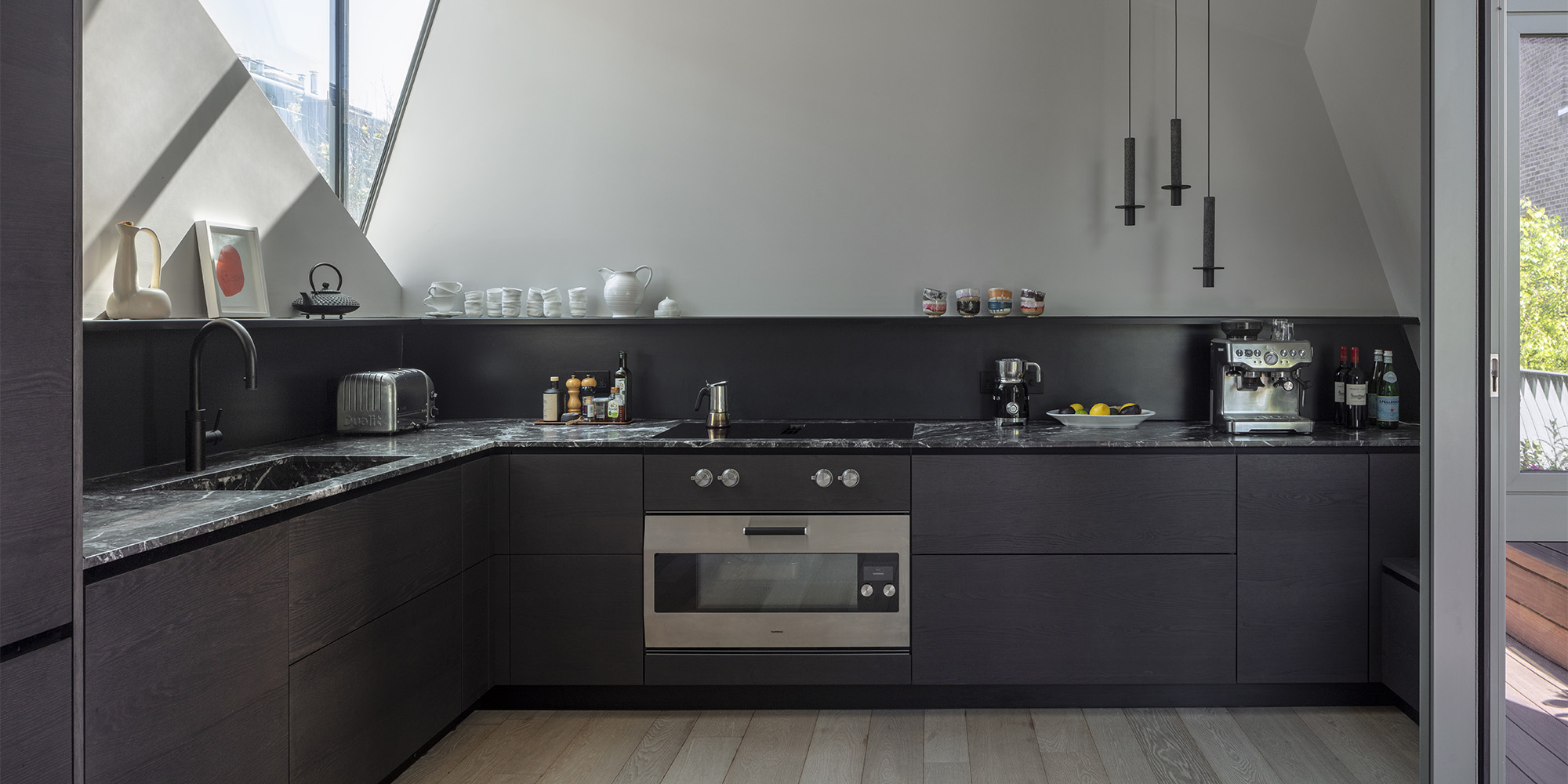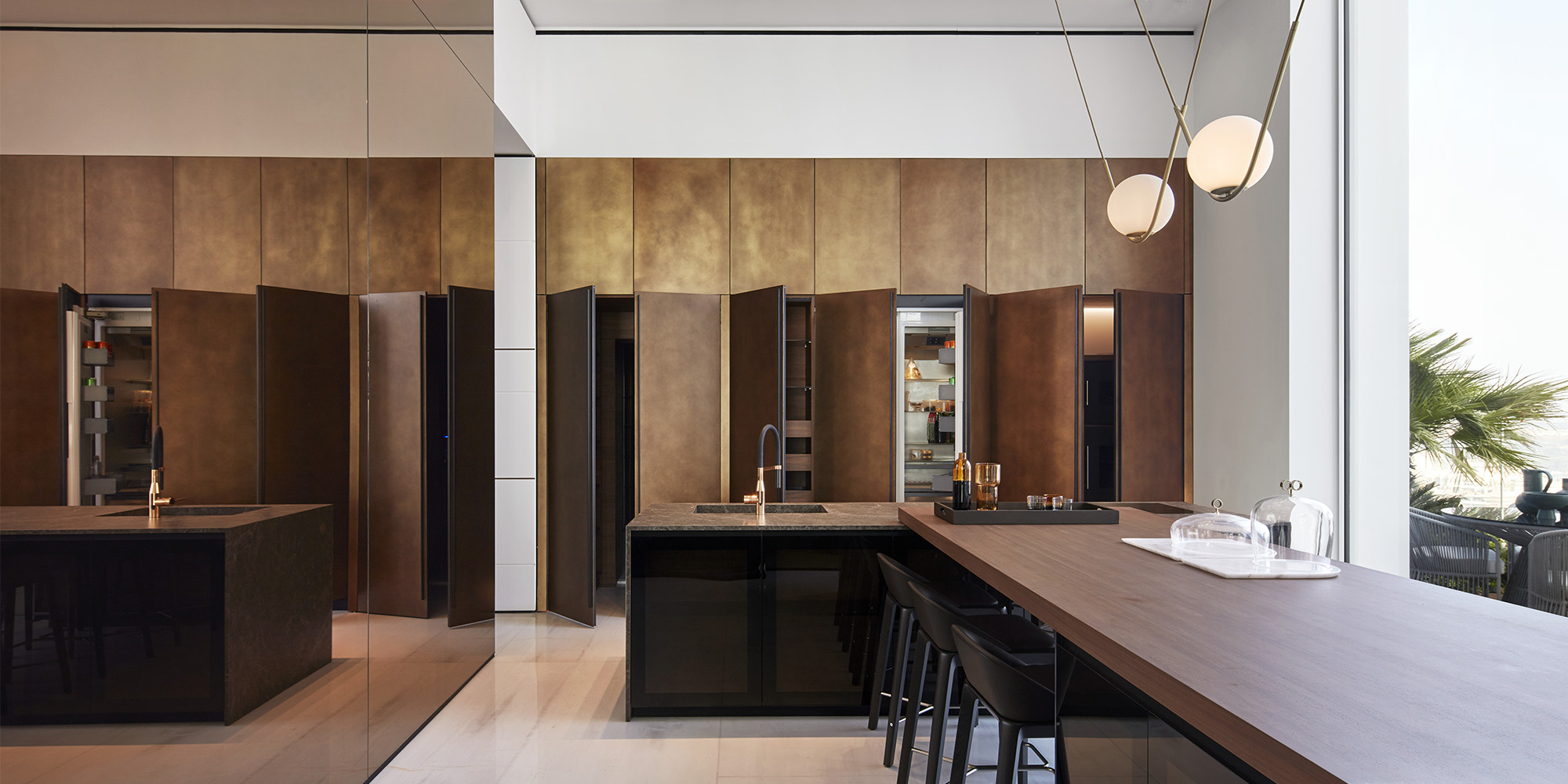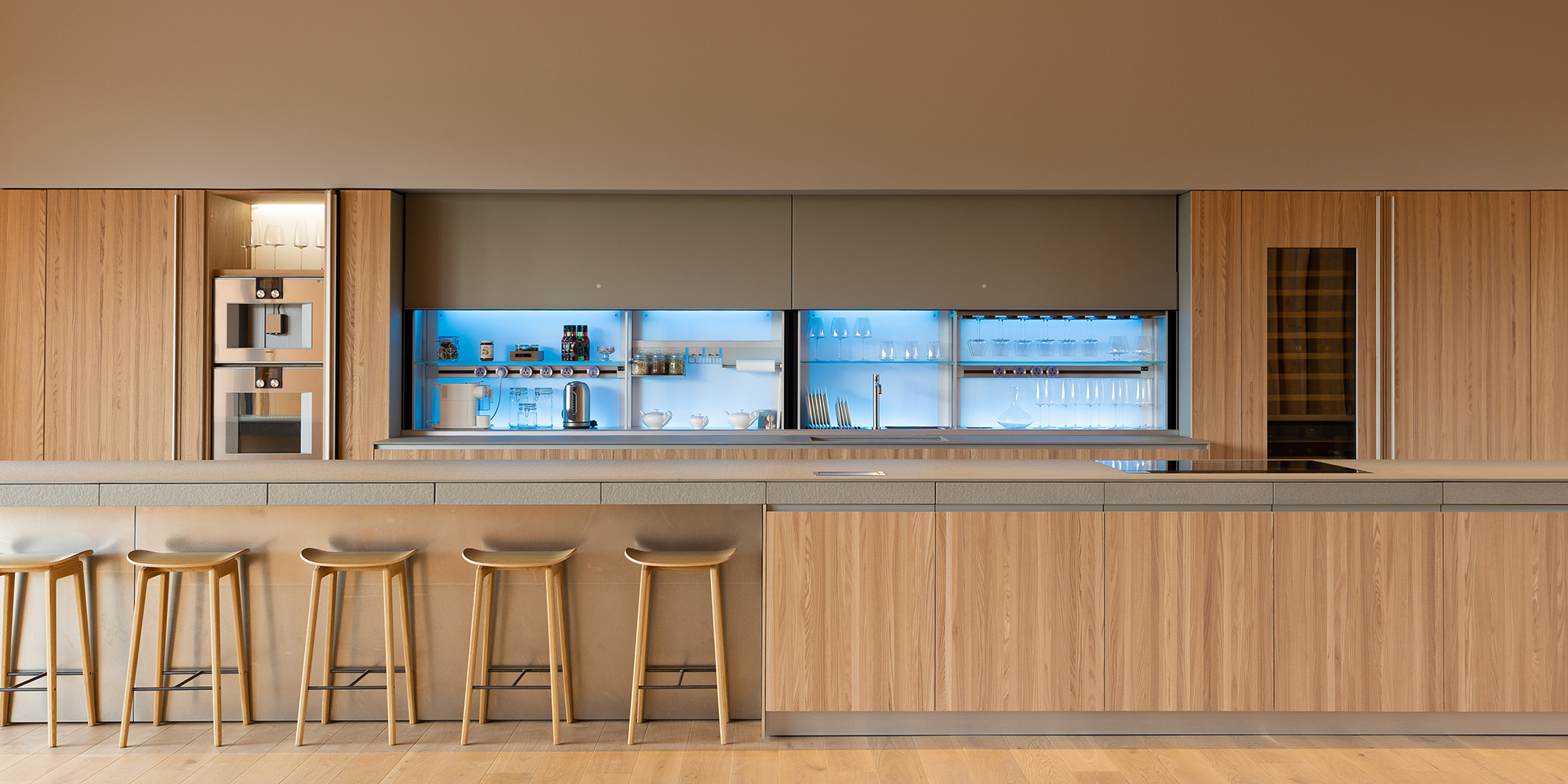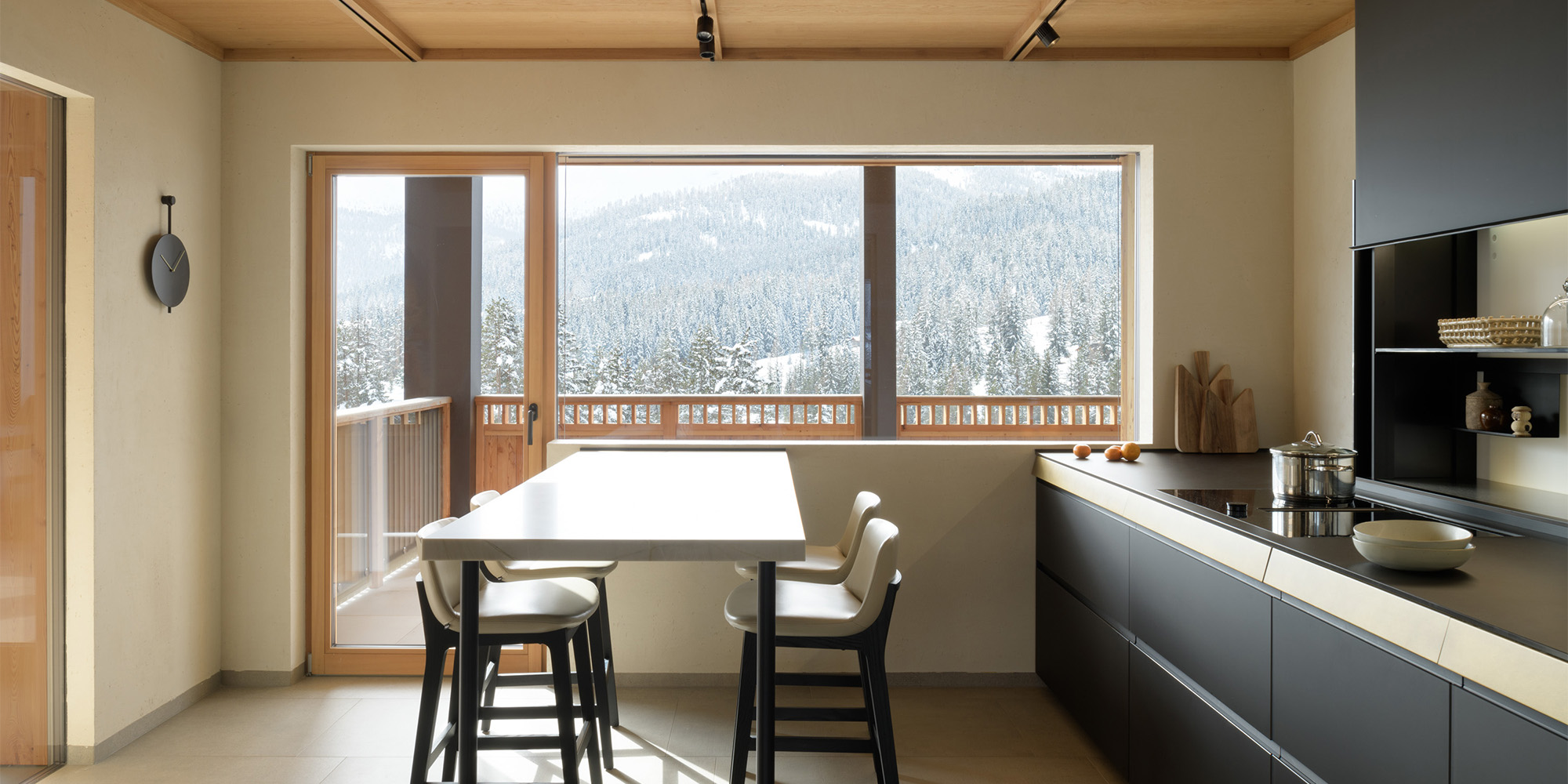25th April – 10th May: Transeuropa Festival, the first European transnational festival
Fifty-three events spread over four European cities for two weeks. After three editions of the London Festival of Europe, the project realised by the organization European Alternatives extends itself to Bologna, Cluj and Paris and becomes Transeuropa Festival. The project has been conceived and planned by European Alternatives. FOUR CITIES, ONLY ONE FESTIVAL.
Transeuropa is the first truly transnational festival in Europe, from the 25th April to the 10th May, a date close to Europe Day, happening simultaneously in London, Paris, Bologna and Cluj-Napoca. It is at once a cultural and artistic festival and a political event, which has been constructed by a team of individuals from throughout the continent. Partners of the event are the cultural foundations Allianz Kulturstiftung and Gulbenkian Foundation, the European Commission as well as many other associations in each of the four cities of the festival.
All of its events are free of charge and open to anyone. They deal with topics like urban poverty, migrants' rights, the Bologna Process, feminism, and democracy. The programme puts together urban walks, film projections, theatrical performances, debates, artistic events. The festival welcomes thinkers, artists, politicians, activists, and citizens of all countries to each of the Festival cities, as well as online, to help us create Europe from the ground up.
Each Festival city focuses on a specific topic. London deals with “Europe and Democracy”; Paris with “Europe and the rest of the world”; Cluj puts the focus on “Cultural diversity” and Bologna on “European mobility”. The festival brings closer the cities and their citizens by offering events that deal with similar topics, through the mobility of guests and participants of the festival throughout its four cities and through the use of new media, with web streaming and simultaneous debates online. Among the confirmed guests there are renowned sociologist Saskia Sassen, feminist scholar and former member of the European parliament Geneviève Fraisse, philosopher Michela Marzano, historian Donald Sassoon, and sinologist François Jullien.
The art programme includes the presence of Austrian artist Oliver Ressler, whose film What is Democracy? will be screened in all four cities with the collaboration of curators and theorists: Ele Carpenter (at Tate Britain, London ), Cathy Larqué (at CENTQUATRE, Paris), Attila S. Tordai (at Fabrica de Pensule, Cluj-Napoca) and Elvira Vannini (at MAMbo, Bologna) who will give lectures based on the film. On the 6th of May Oliver Ressler will be in conversation with the art critic Stephen Wrights at the Courtald Institute in London. In Paris the Finnish artist Anu Pennanen will present the latest version of her work Les Halles at the Laboratoires d'Aubervilliers followed by a conversation with architect Alessia de Biase and the sociologist Eric Fassin. The collective aaa – Atelier d'architecture autogérée will present their project Le 56 / Eco-interstice during a site visit in St. Blaise area, in the East of Paris.
During the event What sustainable city for the future? at the Arcola Theatre in London the film by Martin Beck The Environmental Witch-Hunt (2008), based on the statement by Jean Baudrillard and the video La Verde Utopia (2009) by Ettore Favini (a conversation between Ettore Favini, Gilles Clément, Alessandra Sandolini) will be screened.
The festival has been thought and conceived by European Alternatives, a civil society organization of activists, thinkers, artists and young volunteers with the purpose of developing a way of thinking which is trans- and post-national. For further information, www.transeuropafestival.com




